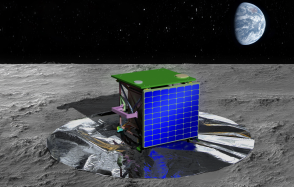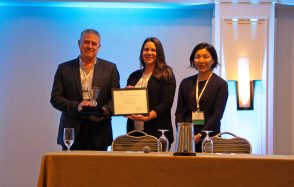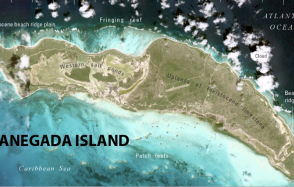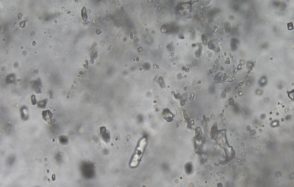Archaean microfossils lived in oceans at over 40°C
A wealth of evidence suggests that life on Earth first appeared over 3 billion years ago. However, reconstructing the conditions on the earth's surface at that time has been difficult and controversial for decades.
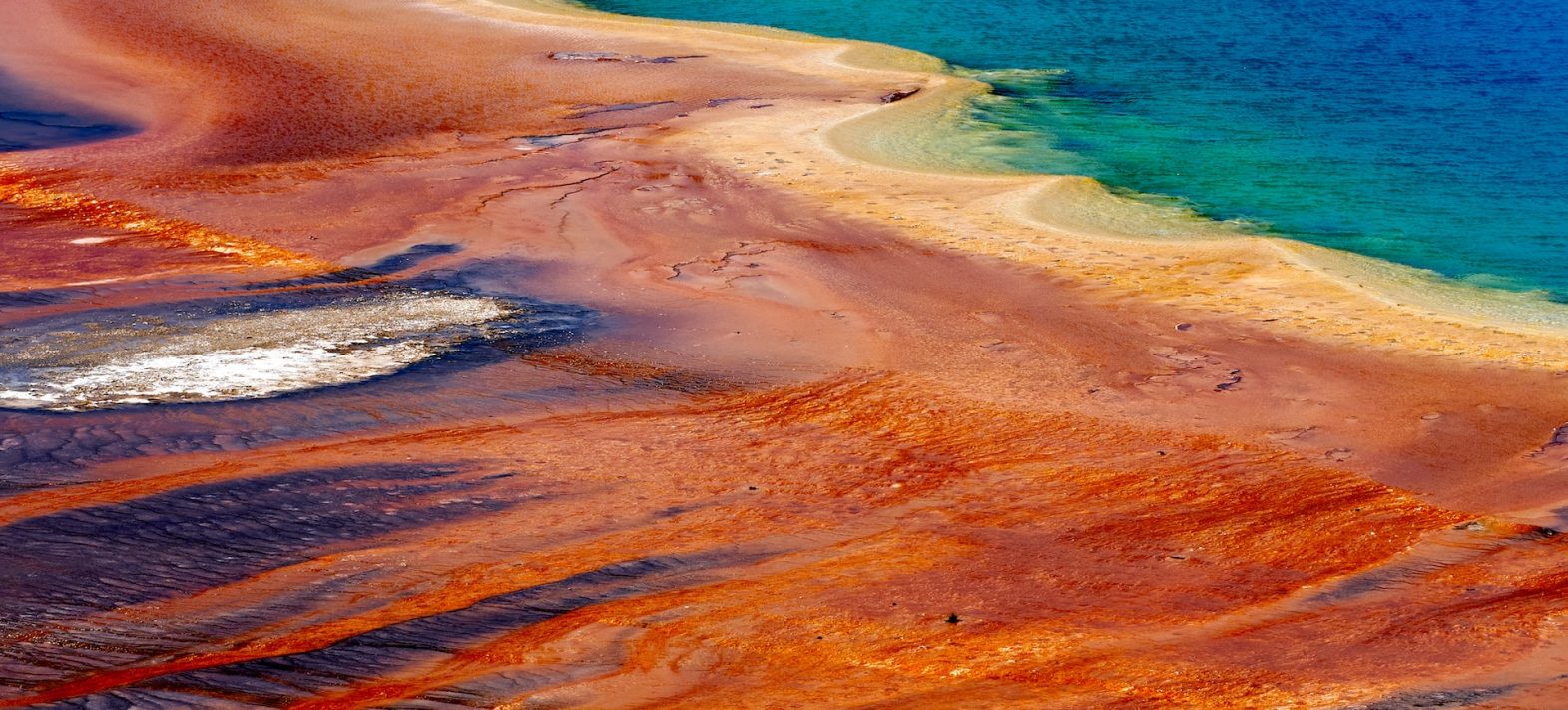
© Benjamen Massello on Unsplash
Publication date: 20/11/2016
Press, Research
Related teams :
Cosmochemistry, Astrophysics and Experimental Geophysics (CAGE)
Related themes : Origins





